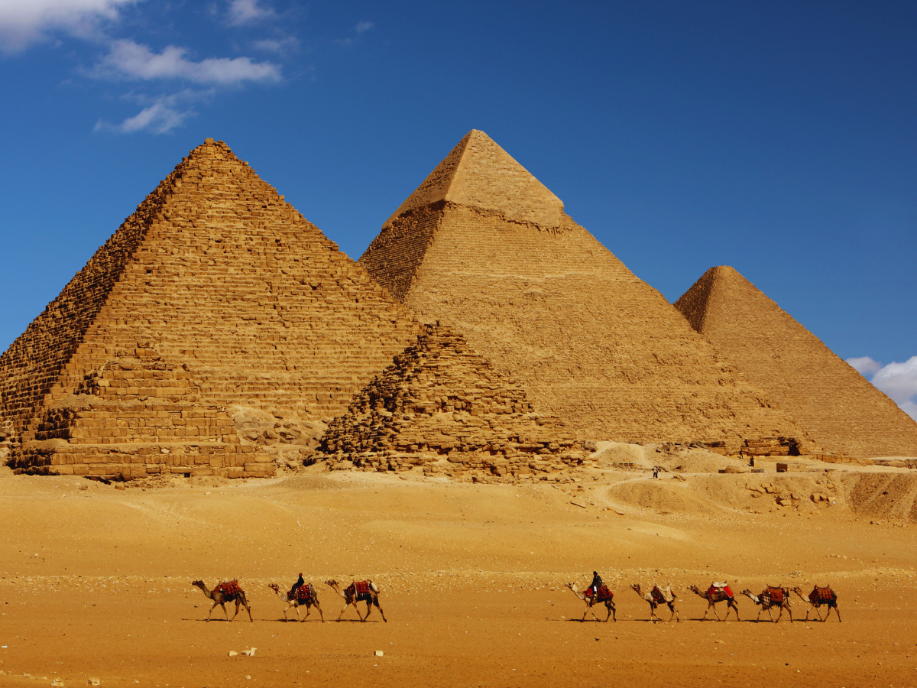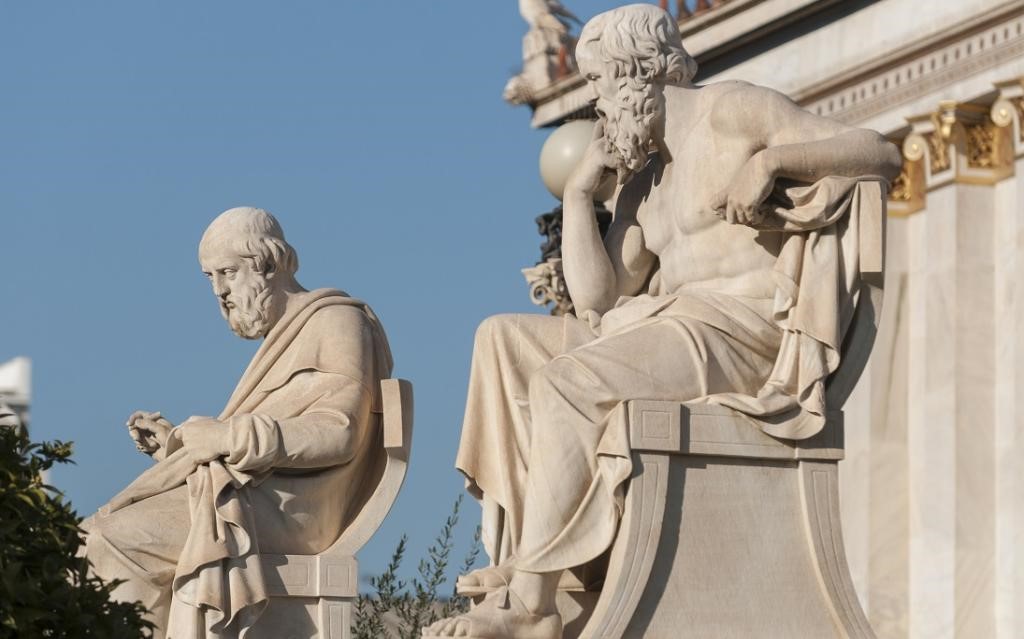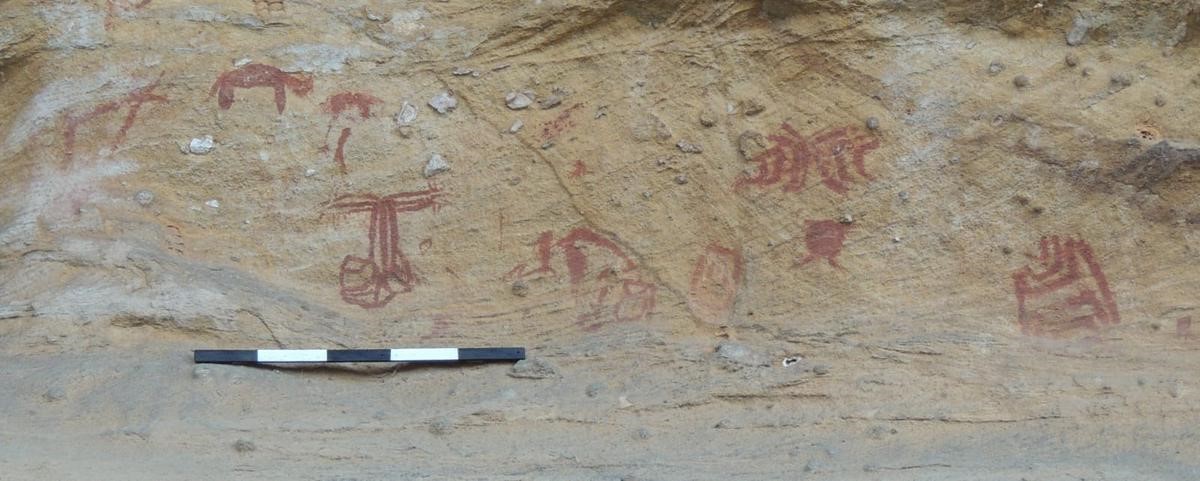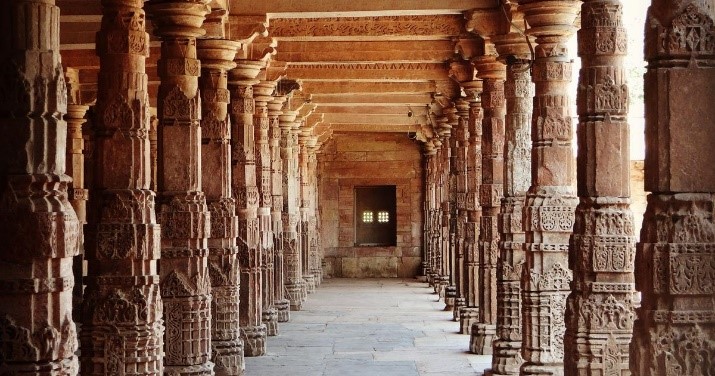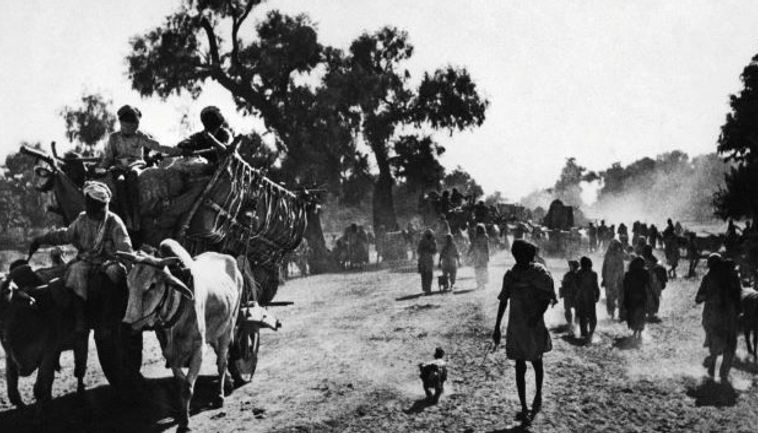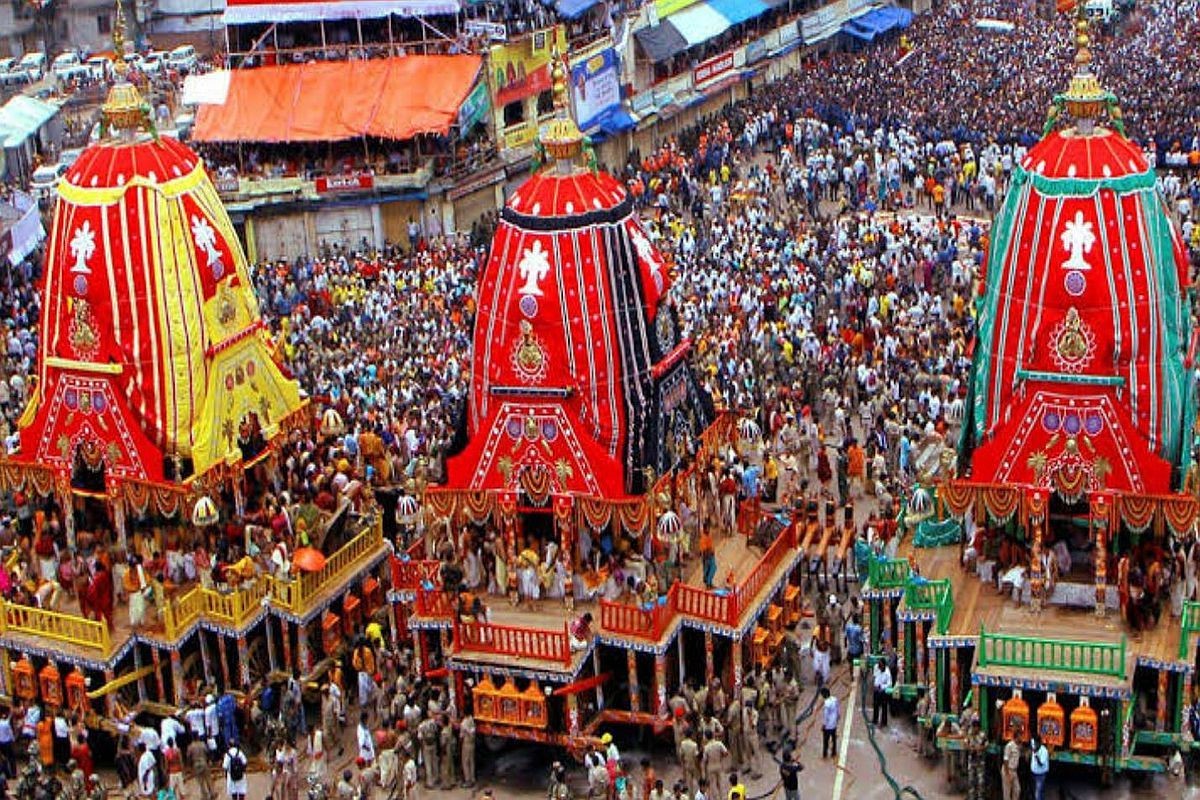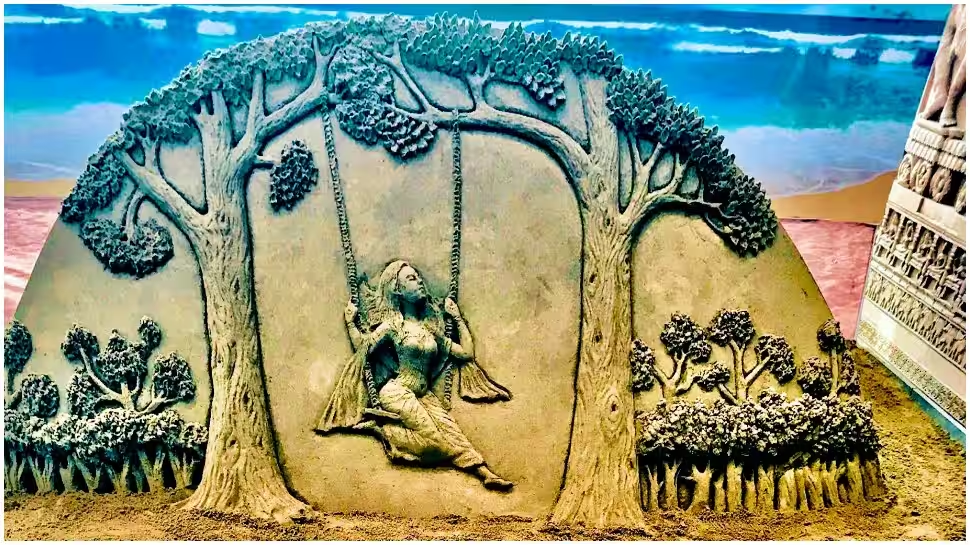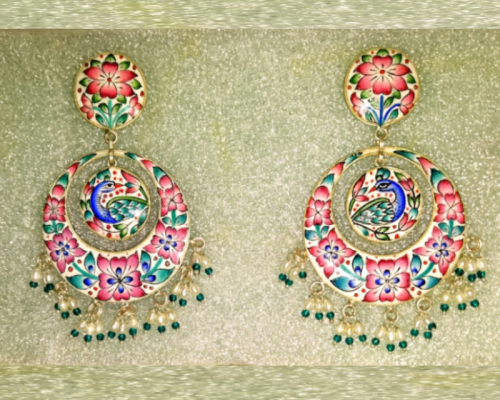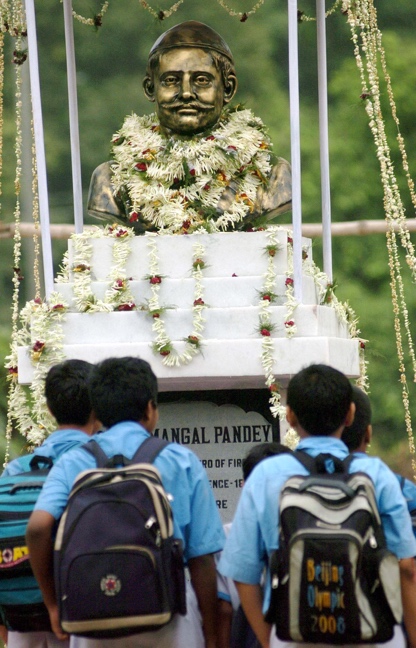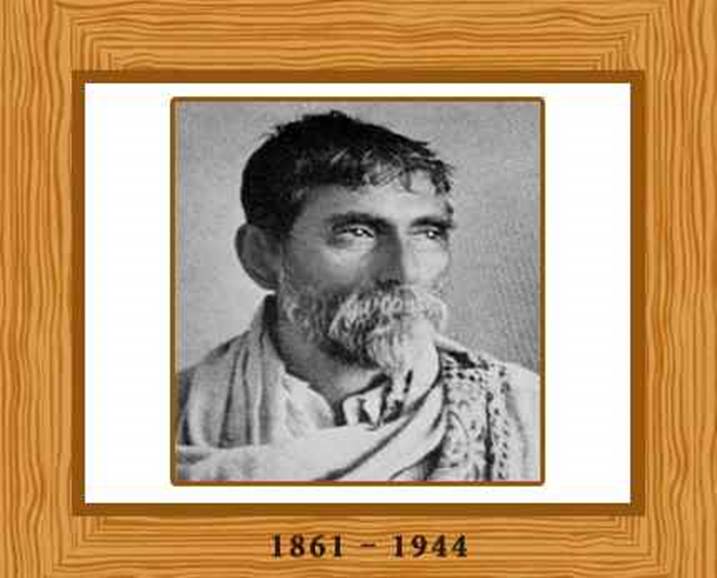Description
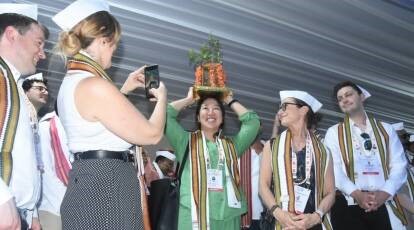
Disclaimer: Copyright infringement not intended.
Context
- Delegates, attending a three days meet - G20 Digital Economy Working Group Conference, in Pune, had an opportunity to get a first-hand glimpse of Warkari community’s palkhi from Pune Municipal Corporation’s special pavilion.
- The 800-year-old palkhi of Sant Tukaram is associated with Warkari community.
Other Details
- This special pavilion is located near Sant Tukaram Maharaj Paduka Mandir.
- Apart from Guardian Minister Chandrakantada Patil, Many officials such as Commissioner of Police, Collector, Municipal Additional Commissioner were present.
- As a welcome gesture, delegates were adorned tulsimala (a basil beads string); warkari uparane (traditional attire), and received tika on their forehead at the start of ceremony.
- The excitement of delegates was visible in their participation in the fugadi dance and in clicking pictures of carrying tulsi plants on their heads.
Other information
- In june 2022, a shila (rock) temple at the Sant Tukaram Maharaj mandir was inaugurated by Indian PM Narendra Modi.
- The rock is dedicated to the 17th-century saint Tukaram in Dehu, near Pune.
Warkari community
- It is a community or sect in the state of Maharashtra which is associated with the bhakti spiritual tradition of Hinduism since the thirteenth-century CE.
- This sect recognizes as many as fifty poet-saints. Some of the sants associated with this community are Dnyaneshwar, Namdev, Chokhamela, Eknath, and Tukaram.
- They worship the deity of Pandharpur, knows as Bhagwan Vitthal or Vithoba. He is regarded as a form of god Vishnu.
- They wear Tulsi-mala, a string/rosary made of the sacred Tulsi beads.
- Their annual pilgrimage is called wari on the auspicious occasion of Ashadi Ekadashi.
- On this day of pilgrimage, 11th day of Ashadha (as per Hindu lunar calendar), the people belonging to this sect gather in Pandharpur.
- People in organized groups, called Dindis, observe many celebrations like fugadi dance, collective singing, dancing, chanting.
- Palkhi festival is also celebrated.
- This community follows duty based life style which emphasise on moral behaviour. Hence it involves in activities and values like -
- Strict avoidance of consumption of substances alcohol and tobacco.
- Eating a sattvic diet – without onion and garlic.
- Fasting twice a month on Ekadashi day (11th day according to lunar calender).
- Practicing celibacy during student life.
- Preaching equality and humanity for all.
- Regular practice of bhajan and kirtan.
- Promoting the values of peaceful coexistence, compassion, nonviolence and love.
.jpeg)
Palkhi
- It is a 1000-year-old Maharashtrian tradition of warkari panth.
- It is a 22 days festival which falls in June.
- They carry Tulsi saplings and paduka (sandals) of saints Tukaram and Dnyaneshwar in a Palkhi (palanquins) from their places of Samadhi (Enlightenment or "spiritual birth") to Pandharpur.
- The Padukas are considered as the symbolic footwear of Sant Tukaram Maharaj and Sant Dnyaneshwar Maharaj.
- Women Warkaris carry 'tulsi' or drinking water in pots on their heads.
Sant Tukaram
- He is also known as Tuka, Tukobaraya, Tukoba in Maharashtra,
- He was a 17th-century Marathi Poet -Saint of Bhakti tradition who was born in a village names Dehu.
- A devoted of Vitthal, he wrote Abhanga poetry in Marathi and emphasised on devotional congregations and kirtans.
- He raised his voice against caste and gender discrimination and preached the values of egalitarianism.
- His teachings were based on philosophy of Vedanta.
|
Wari, Warkari and Dindi
· Wari - In Marathi this term means pilgrimage.
· Warkaris – People who undertake the pilgrimages are called Warkaris.
· Dindis – These are organized group of people belonging to Warkari sect who has fixed schedule to follow in Palkhi during pilgrimage.
|
Must read Article:
https://www.iasgyan.in/daily-current-affairs/sant-kabir
https://www.iasgyan.in/blogs/some-aspects-of-bhakti-movement
https://www.iasgyan.in/daily-current-affairs/sant-tukaram
|
PRACTICE QUESTION
The Palkhi festival of India is a celebration of the values of egalitarian society and devotion to the god. Justify in the light of Bhakti Tradition of Medieval India. (250 words)
|

https://indianexpress.com/article/cities/pune/g20-delegates-get-a-view-from-pavilion-8659663/






